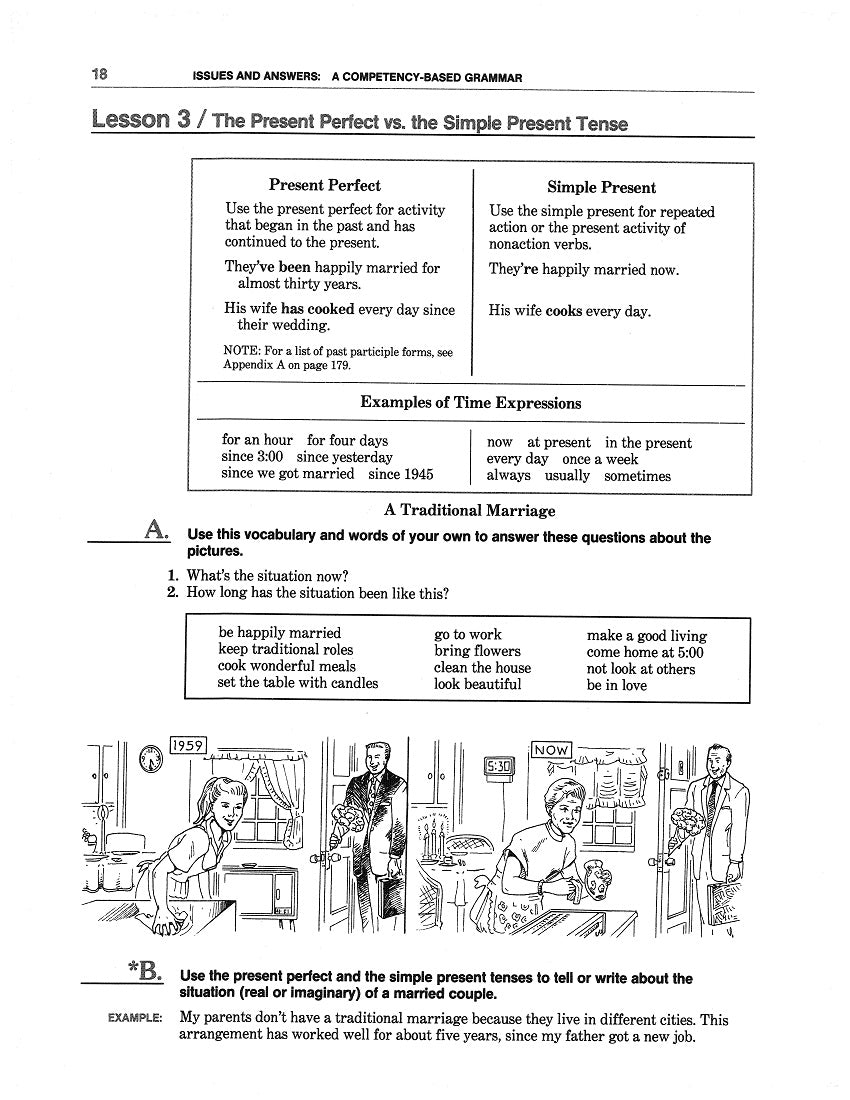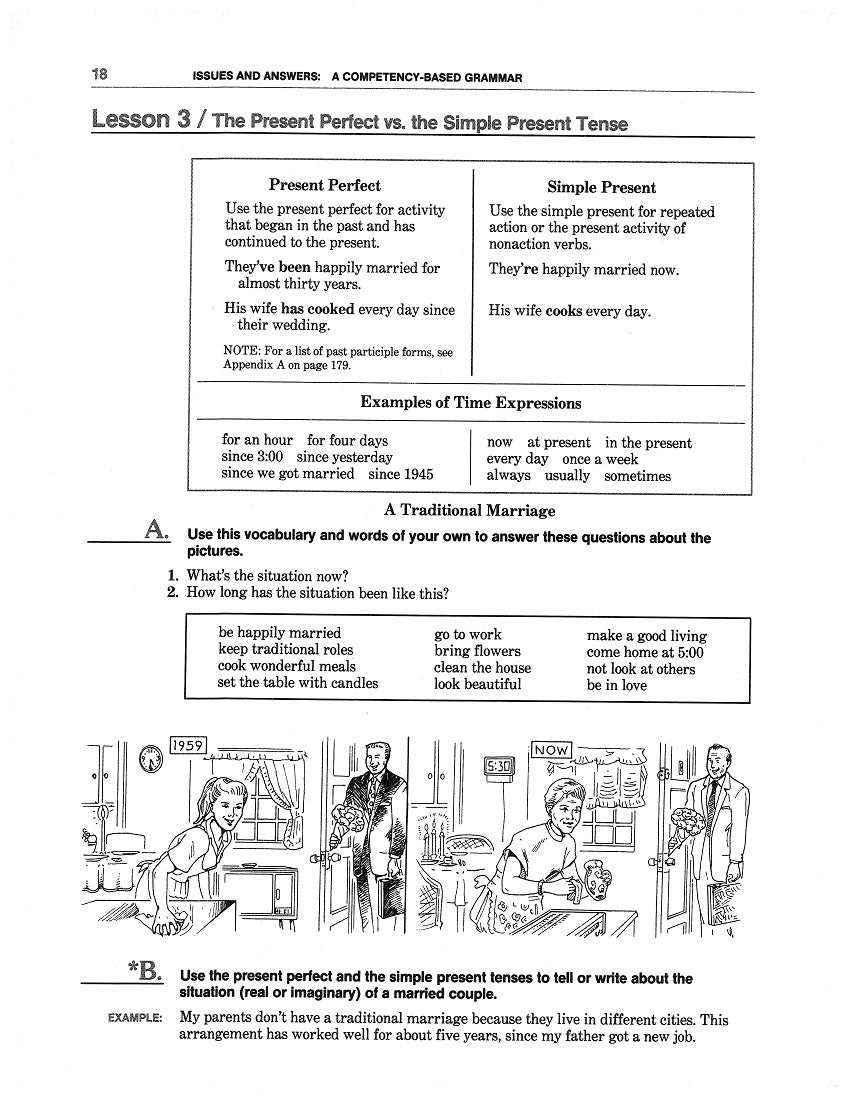1
/
of
1
Work/Life English
D-13.05 Compare & (Re)Acquire Present, Past & Future Perfect (Continuous) Verb Forms, Structures, Uses & Implications
D-13.05 Compare & (Re)Acquire Present, Past & Future Perfect (Continuous) Verb Forms, Structures, Uses & Implications
Regular price
$3.00 USD
Regular price
Sale price
$3.00 USD
Unit price
/
per
Lessons 3-5 of Chapter 1: the Present Perfect (Continuous) (“Families”), pages 18-20; Lessons 25 & 28-30 of Chapter 5: the Simple Past vs. the Present Perfect (Continuous) + the Past Perfect (Continuous) (“Government & Law), pages 53-55 & 61-63; Lessons 48-50 of Chapter 5: the Future Perfect (Continuous) (“Science & Technology”), pages 92-94—All from WorkLife English Grammar 6: Issues & Answers
12 pages
Who It’s For: Advanced & Advancing Teachers, Helpers, & Learners Wanting to Wrap Up Study of Verb Forms & Patterns of the (Present, Past, & Future) Perfect Time Frames in Association with One Another
Why It’s Useful: As with all grammar topics, various “sub-areas” of the whole can be approached separately and/or in comparison with each other. The segments in this conglomerate of 10 separate Lessons exist in three Frames of Time—Present, Past, Future. Each presents a different aspect of Perfect (Continuous) Verb Patterning, most in contrast with forms/uses of verbs in another tense and/or aspect.
What You’ll Do:
[1] Notice that all the activity of Lessons 3-5 on pages 18-20 takes place in the Present. Understand and make sentences about Family Situations that express what has happened / been happening up until now—vs. what’s going on presently. Practice these forms and meanings in both structured Exercises and expressive Activities.
[2] In “Government & Law” contexts like “the U.S. Constitution & Legal Matters,” “Family Law,” “Tenants’ vs. Landlords’ Rights,” and “Needing an Attorney,” recognize that all the action of Lessons 25, 28-30 on pages 53-55 / 61-63 relate to the Past Time Frame. Compare what was completed previously with what has been occurring until now—and what had happened / been happening before some other event in the Past. Then review differences between the Present Perfect and the Past Perfect tenses / aspects.
[3] Lessons 48 to 50 on pages 92-94 move forward to the Future, a time in which things will / won’t have happened and/or will / won’t have been happening up to (the times of specified) events that haven’t occurred yet. Realize that perfect verb-tense / aspect phrasing can become somewhat complex and subtle, especially in contrast to the “Simple Tenses.” In speculating about the future, demonstrate your superior grasp of the grammar and content by analyzing and/or making reasonable predictions.
Couldn't load pickup availability


